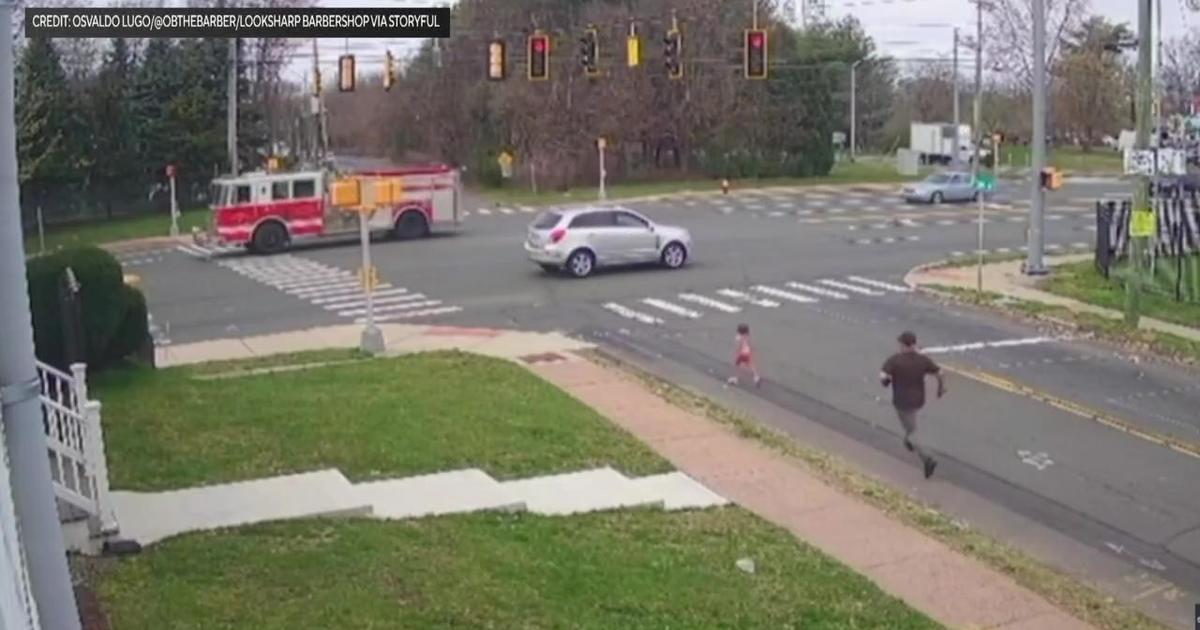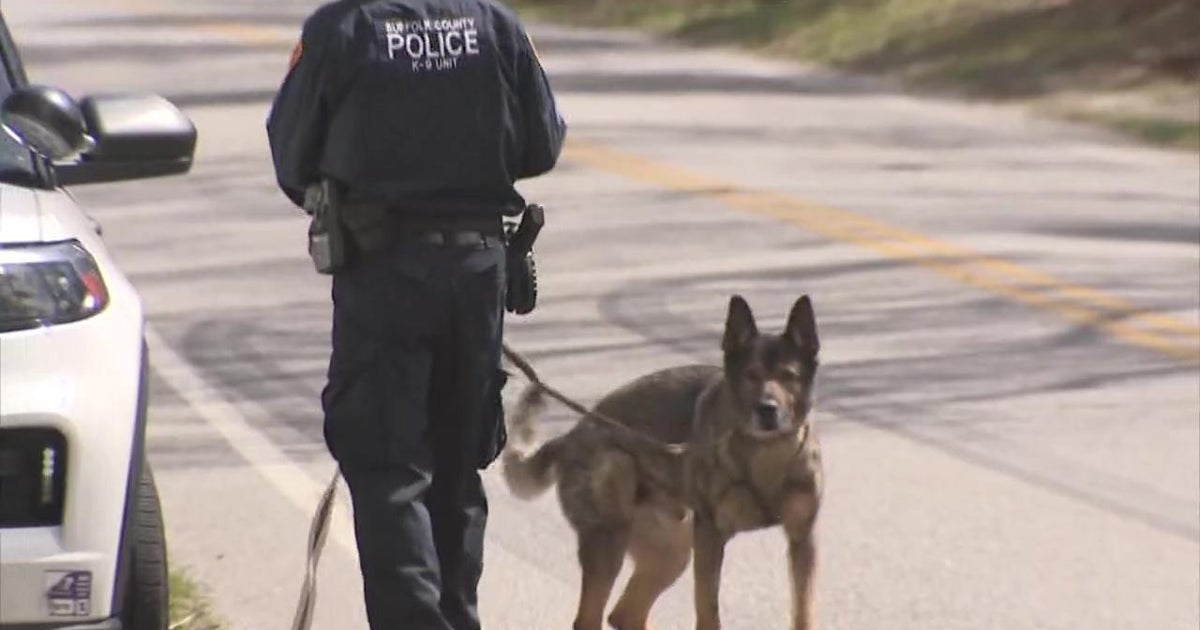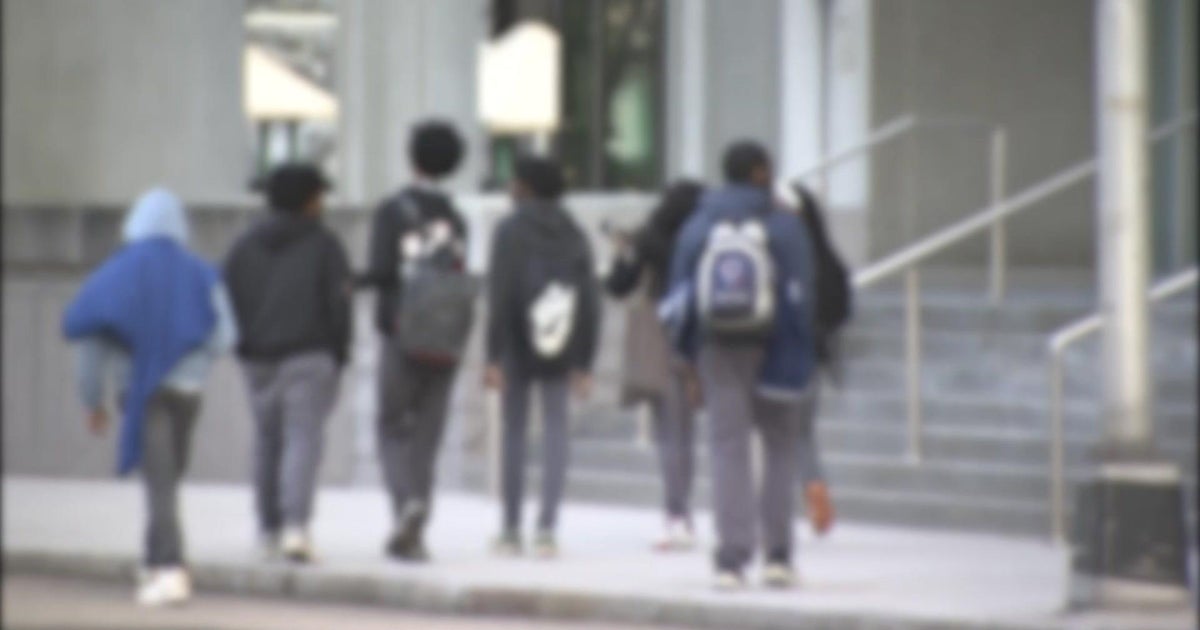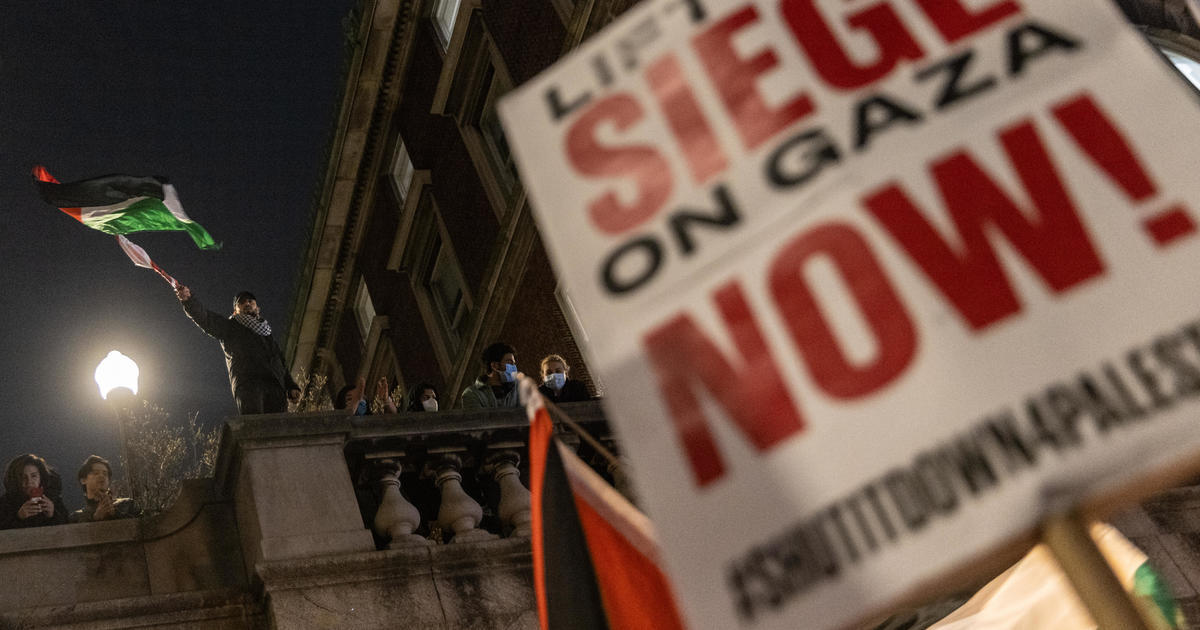Cheshire Home Invasion Jurors Get Counseling
HARTFORD, Conn. (AP) -- In his sleep, Maico Cardona sees a little girl tied to a bed, burning up in a house fire. She cries out for help, but he can't reach her.
So graphic was the testimony he heard as a juror in the case of a Connecticut home invasion, a shocking crime that left two girls and their mother dead, that the nightmares haunt him a week later.
Out of concern for the shell-shocked jury, Connecticut's Judicial Branch took the rare step of offering counseling services. Cardona, who was part of a jury that convicted and sentenced Steven Hayes to die by lethal injection, said he is grateful for the help.
"I wasn't prepared mentally for what I was going to see,'' Cardona said.
Only a handful of states provide counseling services for jurors, and for now Connecticut is offering it only through a pilot program for those involved in the home invasion trial. But legal experts say such assistance can be invaluable for those picked at random and thrust into emotionally trying murder cases.
The trial in New Haven had several factors that can aggravate jurors' stress: multiple victims including children, sexual assault, graphic evidence and -- as a capital case -- the responsibility of deciding whether a defendant should live or die, jury scholar Valerie Hans said.
"This is just such an exceptional case,'' said Hans, a professor at Cornell Law School.
The family was tormented for hours inside their home in the New Haven suburb of Cheshire one night in 2007 before the girls -- ages 11 and 17 -- were tied to their beds with pillowcases over their heads, doused with gasoline and left to die in a fire. Hayes, a paroled burglar, also forced their mother, Jennifer Hawke-Petit, to withdraw money from a bank before Hayes sexually assaulted and strangled her.
A co-defendant, Joshua Komisarjevsky, allegedly spotted the three at a supermarket, followed them home and returned later with Hayes. The girls' father, Dr. William Petit, was beaten but survived. Komisarjevsky, also charged with sexually assaulting 11-year-old Michaela, is to be tried next year before another jury.
Jurors were shown autopsy pictures of the victims, as well as photos of the girls' charred beds, rope, ripped clothing and ransacked rooms. It was one of several recent trials to test the psyche of jurors.
In New Jersey, a jury endured more than three weeks of graphic, sexually explicit testimony before convicting a man of assaulting his own daughter. The woman testified that he regularly raped her from childhood until she bore a child at age 15. Upon exiting the courtroom in Paterson last month after the verdict, one juror yelled out: ``It's over! Finally we can breathe.''
A jury in Nashua, N.H., this month convicted a teenager of killing a mother and wounding her daughter with a machete in the family home. The 11-year-old girl survived by pretending to be dead, then staggering, covered in blood, to call police from a kitchen phone.
"It's almost like we were a military unit that went through a battle. We survived it, and we all had that common traumatic incident to share,'' one of the jurors, Mark Langlois, said in comments reported by the New Hampshire Union Leader.
In Connecticut, jurors from the two-month-long Hayes trial were invited back to the courthouse for a debriefing by a therapist after the judge, prosecutors and defense attorneys suggested it could help them process the ordeal, according to Melissa Farley, a Judicial Branch spokeswoman.
Nine of the 12 jurors attended the session Nov. 10, two days after handing down the death sentence. The therapist offered suggestions on handling post-traumatic stress and provided the names of counselors willing to help them further.
Cardona, a 31-year-old trainer for Verizon Wireless from Hamden, said the therapist explained what to expect and encouraged them to discuss their emotions with loved ones.
"It's definitely not a situation where you want to go it alone,'' said Cardona, who has had the nightmare about the burning girl six or seven times.
Paula Calzetta, of Guilford, said the session was a welcome opportunity to discuss the experience with fellow jurors. Although the trial itself made her feel ill, she said, talking about the case has made her feel better.
"I think I'm past the point of it being intrusive, but it's something I'll never forget,'' she said.
The debriefing was apparently the first of its kind in Connecticut, Farley said. The state had already been considering such services and may expand them, depending on the response from jurors.
Jury counseling is available in a few other states including Minnesota, Ohio and Texas, according to Greg Hurley of the National Center for State Courts. Such services are worth the investment, he said.
"We know it's a relatively small amount of jurors that will have a strong reaction,'' Hurley said. "For those jurors that need them, these programs do seem to work and help.''
Even jurors who skipped the debriefing said serving on the panel had a powerful effect.
Herbert Gram, of Madison, Conn., said he saw no need for counseling because he has no reservations about the jury's decisions. But he still thinks frequently of the case and of William Petit, the husband and father of the victims, who had an emotional meeting with the jurors after the trial.
"I'm well into my 70s and I haven't cried in a lot of years,'' Gram said. "But when the doctor put his arm around me and gave me a big hug, I make no bones about it; I came apart.''
Hans, the Cornell professor, said jurors who serve on such difficult cases should be entitled to counseling, much like military veterans returning from service overseas.
"Jury duty isn't combat, but to the extent they are working on our behalf to resolve difficult issues, if they encounter problems, I would like to see them get the support they need,'' Hans said.
(Copyright 2010 by The Associated Press. All Rights Reserved.)



